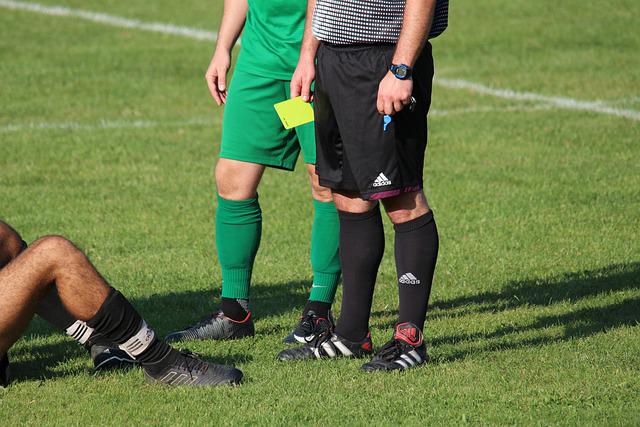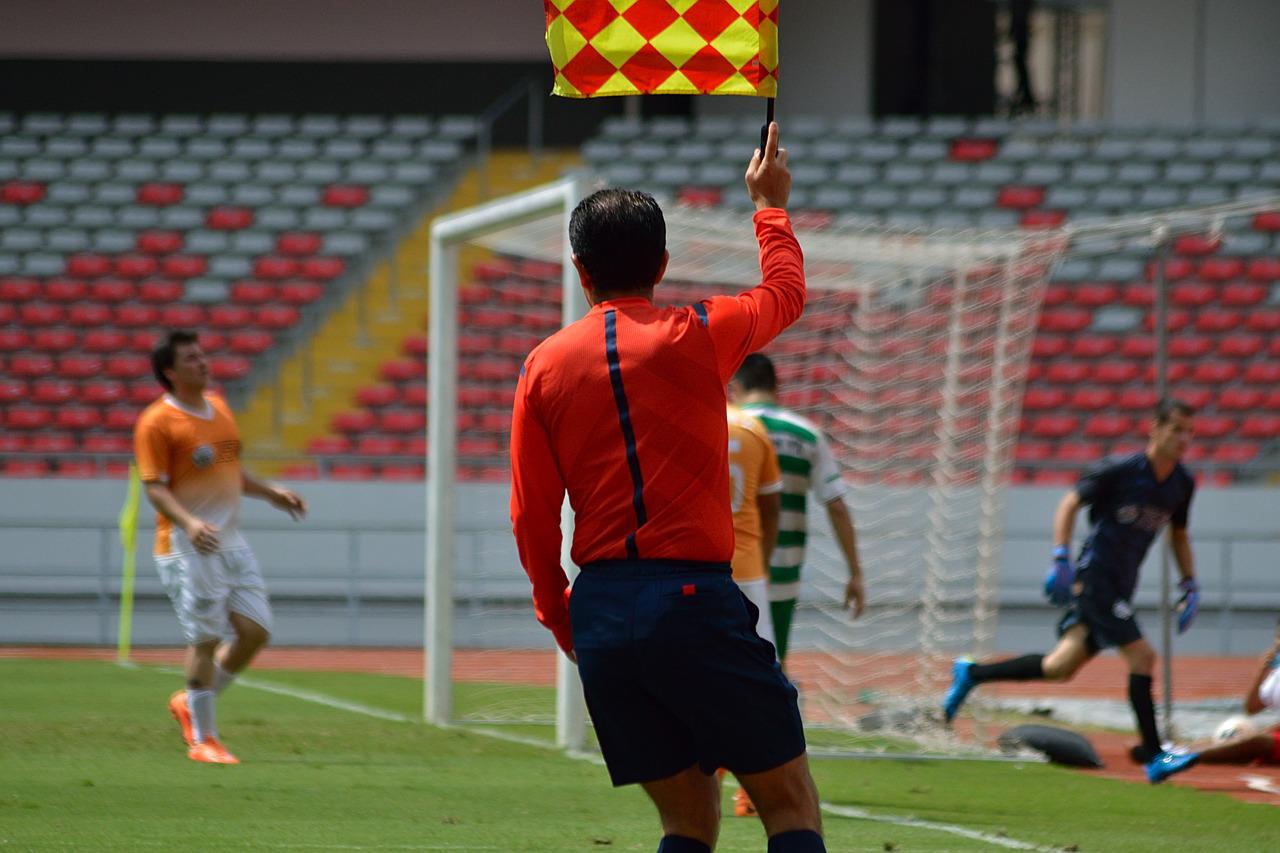Have you ever wondered what it takes to be a great referee? The job requires more than just physical fitness and knowledge of the rules. You also have to be prepared for the stress of handling disagreements, angry players, and fans who think you’re wrong no matter how perfect your calls are. Being a referee is tough, but if you think you can take the challenge, then keep reading!
You have to be ready to make those hard calls
As a ref, you’re in charge. You have to make the calls and be consistent about it. That means that sometimes you’ll get criticized for being too strict, but other times people will criticize you for not strictly enforcing the rules. A good referee needs to know how to handle both situations, as well as being able to think on their feet and make decisions quickly.

Your training doesn’t stop after referee school
Although you’re expected to know the rules and mechanics of soccer, it’s important to remember that being a referee is a learning process. You will get better with experience—and you will need to keep learning for the remainder of your career. You should expect your league or association to provide refresher courses on a regular basis, and your performance will be evaluated at least once per year.
You should also expect that you will have homework: you should read up on various topics in order to improve both yourself as an individual and the sport in general, watching other games in order to observe good refereeing practices from afar, etc.
You’ll get paid for your work, but it won’t be much

The median referee’s salary in the United States is around $39,000 per year. Most of the time, referees are paid on a part-time basis. If you are looking for full-time employment as an official, then it will take some time to become certified by the Professional Referees Organization (PRO). This organization only hires experienced officials who meet strict criteria. However, if you want to get started with becoming a referee and want to earn some extra cash on the side while working your regular job or going to school, there are many opportunities for you, as they can often be paid per match.
Refereeing is a difficult job, but it can also be incredibly rewarding. Referees are responsible for keeping the game fair and safe, and they make sure that everyone has fun. If you’re interested in becoming an official, the first step is to attend referee school where you’ll learn how to handle different situations on the field or court. Then it’s time to get out there and start reffing! The best way to become a good referee is by getting experience and learning from your mistakes – don’t expect perfection from yourself.

